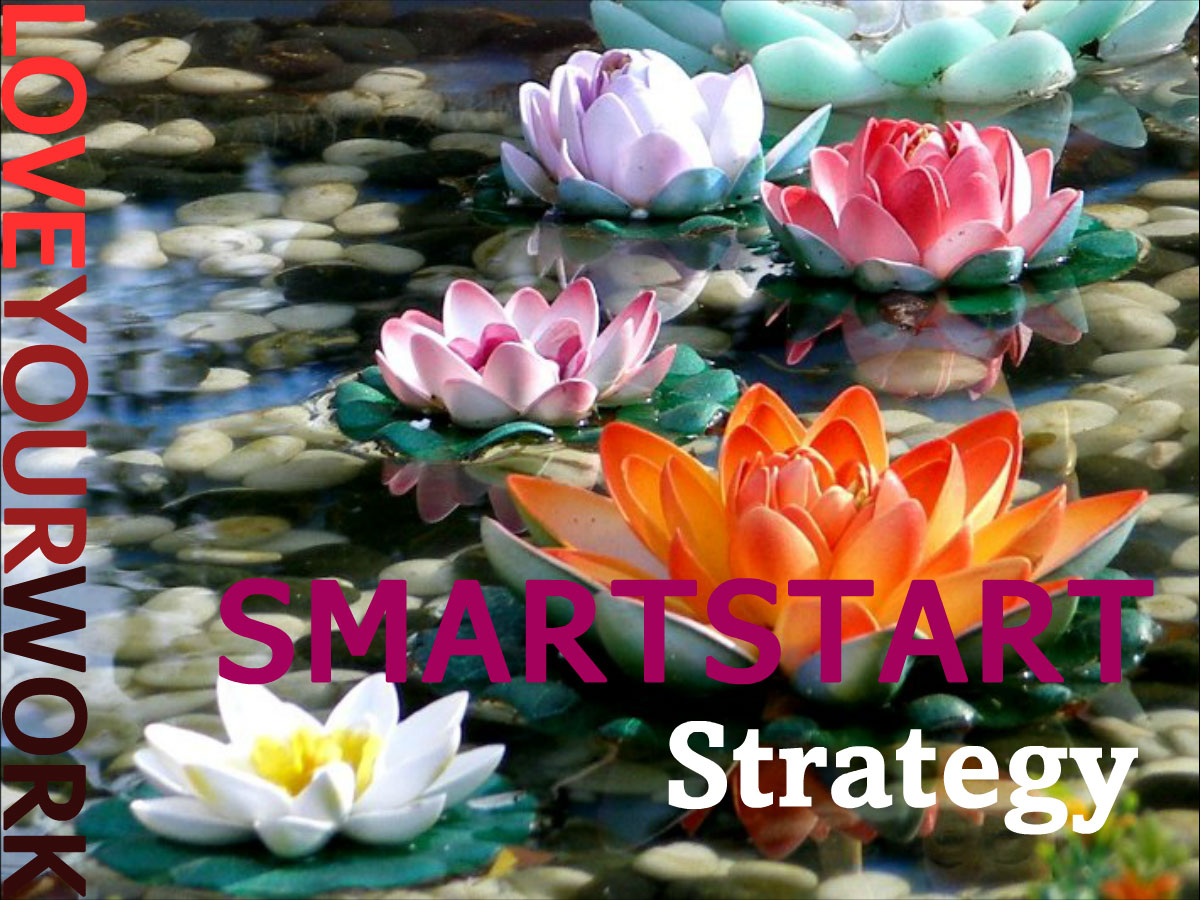
You do not have a strategy until you know what you are not going to do.
It upsets me when people are teaching me things I know are wrong (not just with respect to terminology) and doomed to failure. Not that I know everything because of course I don’t. And I’m perfectly ok with that. You should be too. Nobody knows it all. (It’s just one reason we should plan on being lifetime students.)
However, because I love what I do so much, I have learned the difference between strategies vs tactics, systems vs business models, goals vs objectives. Such terms are not interchangeable and shouldn’t be used indiscriminately. When they are, it bothers me. This is the type of misdirection that contributes to confusion and leads to lack of results.
The language of business exists for a reason. I think it’s important to speak it accurately whether you’re teaching business or building one. But maybe that’s just me. However, I do think it’s this sort of thing that keeps you from experiencing the results you most desire which makes me care about it all the more on your behalf.
For example, I’ve seen quite a few gurus recommend we follow a certain strategy when what they are presenting are tactics, not strategies. Tactics are useless without having a well thought out strategy to guide your decision-making. You do need both but they are not the same thing at all. (Errors like this happen frequently with discussions about business models too. Another beef of mine that I’ll leave for another day.)
You are going to need a strategy for every aspect of your business as well as an overarching strategy for the business as a whole. (By the way, this is just the sort of thing I get excited about helping people figure out!)
For this reason, we’ll be taking the time to look at each core competency in the SMARTSTART business framework individually in the months to follow. As a first step, we’ll concentrate on understanding what strategy is at a high level. It may not be the easiest term to grasp, but it is critical to your success and well worth the time to learn more about it for a clearer understanding of how it impacts your business.
Strategy describes how you will achieve a specific objective and is defined by applying “critical thinking” to the big picture view of your business. The tactics you use to implement your chosen strategy are about what you will actually do to achieve it. Tactics can be thought of as your “critical doing“.
In other words, strategy provides a framework for action and tactics define those actions.
A strategy is a conceptualization of how you could achieve your business goals. Tactics are the actions you will take to execute your strategy. Make sense?
PS Truthfully, you can create systems based on tactics. But without a strategy driving your actions it’s all a high risk crap shoot. You might get something done, but it won’t be sustainable or provide you with a path to continue following. A system based on strategy but without tactics means your strategy has no means of being carried out. That’s why you need both strategy and tactics working together. Ultimately, neither one can exist effectively without the other.



